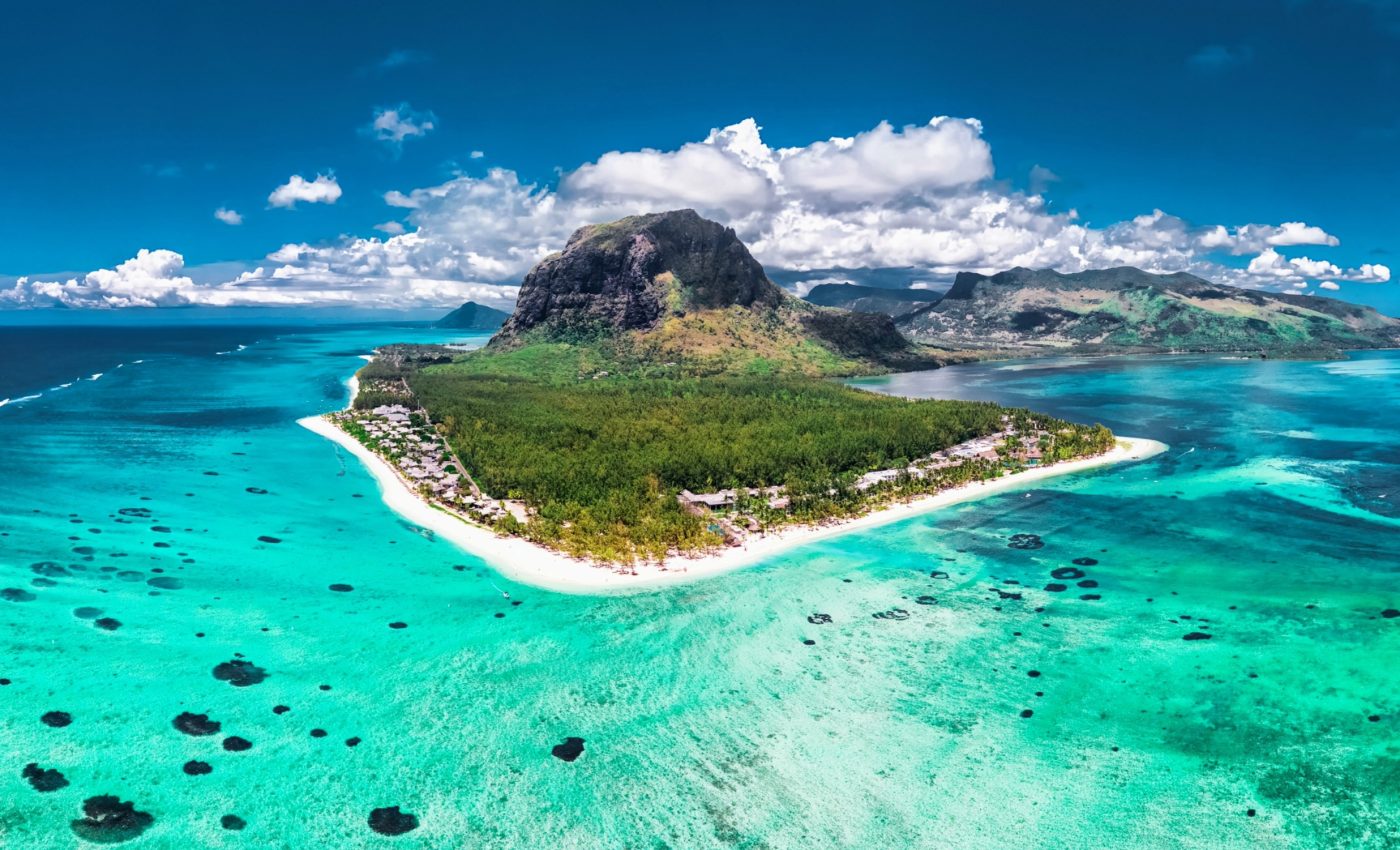
Small countries that play no role in climate change will be hardest hit
A new study sheds light on a not-so-pleasant truth: the smallest countries in the world, which contribute the least to climate change, face its most dire consequences. And it’s only set to get worse for these small island nations.
According to research led by the University of Bristol, on average, one in five people in Small Island Developing States (SIDS) is now exposed to both coastal and inland flooding.
That’s about 8.5 million people living in these countries that are toe-to-toe with possible disaster.
In the Bahamas, Guyana, and Tuvalu, this percentage triples, with over 60% of their populations exposed to the risks of flooding. The threats extend from the Pacific and the Caribbean to the Indian Ocean and the South China Sea.
To put things in perspective, think of the catastrophic scenes in Valencia, Spain, due to record-breaking rainfall. Now, imagine this as a regular occurrence, not just for Spain, but for people across the globe.
Flood exposure of small islands
Study lead author Leanne Archer is a research associate at the University’s Cabot Institute for the Environment.
“Flooding is now an alarming real-world threat for so many people globally. This study demonstrates that the often-overlooked Small Island Developing States are already subject to a disproportionate level of flood exposure, despite contributing the least to climate change,” said Archer.
But, why these islands? The United Nations (UN) recognizes these nations as being especially exposed to the effects of climate change. With populations ranging from around 1,000 to 7,000,000 people, inhabitants of the small island nations are often most concentrated along coastlines.
Indeed, the risk of coastal flooding is a significant concern. But it’s the inland flooding that’s the silent enemy. It accounts for the vast majority of overall population exposure at 81 percent.
Supporting climate adaptation on small islands
Projections show that even in the best-case scenario, where global warming is kept at a minimum, significant growth in the number of people affected by rising sea levels, storm surge, and extreme rainfall events is expected.
The reach of these weather anomalies even overshadows the level of flooding exposure in developed nations like the US and UK, where around 13% and 8% of the populations are impacted, respectively.
“The findings should be a call to action to support these nations in adapting to and mitigating against these extreme repercussions, even under the lowest emissions scenario, which put life and livelihoods in peril,” notedLeanne.
Flood projections for small islands
Depending on global warming levels, more than a fifth (21%) of SIDS populations can expect to face flooding if we manage to restrict the increase to 1.5°C by 2100.
In the worst-case scenario, where the world warms by more than 4°C, this figure could rise to nearly a quarter (23%), the study suggests.
Globally, we’re not doing enough. A UN report last month warned that we’re staring at a possible 3.1°C warming if governments do not take more action to reduce carbon emissions.
Even with these stark warnings, the countries most at risk remain the same, including Belize, Turks and Caicos Islands, and the Maldives.
Urgent action is needed
This research was conducted in partnership with the University of Southampton and used data from water risk intelligence firm Fathom’s Global Flood Map.
A high-resolution global hydrodynamic flood model combined with worldwide population datasets was used to paint a comprehensive picture of flood risk across all 57 Small Island Developing States.
Study co-author Paul Bates is a professor of hydrology at the University of Bristol and co-founder of Fathom.
“”The results are a timely warning to the world’s political leaders and policy makers that global commitments to significantly reduce carbon emissions must be backed up by action, in order to reduce potential loss and damage from flooding in Small Island Developing States, which contribute least to harmful carbon emissions,” said Bates.
Fundamental threat to humanity
As we discuss these grave realities, the research echoes the essence of the University of Bristol’s mission – finding bold answers to big questions concerning global challenges.
The Cabot Institute has a strong focus on tackling pressing environmental change, natural hazards, and disaster risk.
In conclusion, climate change remains a fundamental threat to humanity, and no one bears its brunt more than the inhabitants of Small Island Developing States.
The study is published in the journal Environmental Research Letters.
—–
Like what you read? Subscribe to our newsletter for engaging articles, exclusive content, and the latest updates.
Check us out on EarthSnap, a free app brought to you by Eric Ralls and Earth.com.
—–













